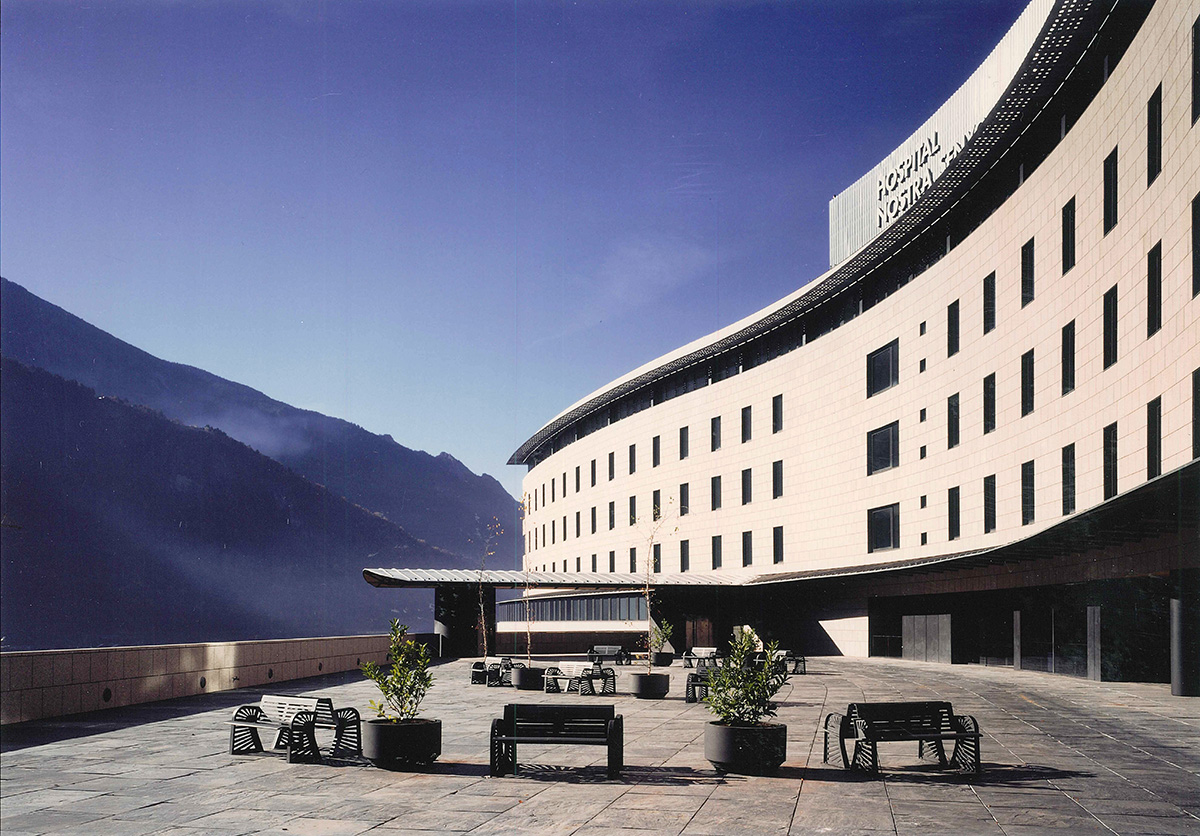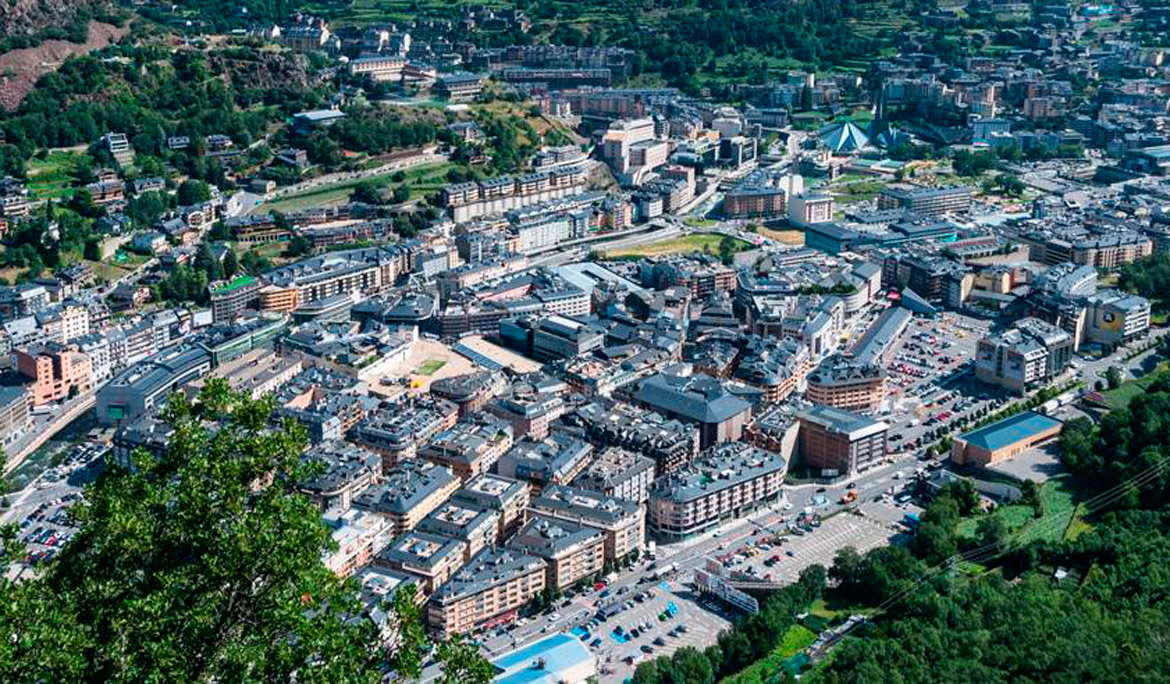The draft to modify the 2012 law governing foreign investment in Andorra has been presented. The main aims of this reform are to conform to other countries’ standards in this field and to streamline the procedure for certain investments. Apart from this major change, the new regulatory framework also provides for a system of subsequent control and for a penalty system, neither of which existed previously.
It is worth noting that foreign investment currently represents 18.7% of Andorra’s GDP, and that these changes will benefit most investors from Spain and France.
The key points in the draft law are listed below.
Table of Contents:
The main reasons for presenting the draft law.
The main reasons for proposing this reform are to liberalise certain investments and to facilitate the first steps. The reform also aims to align the law with those of other countries whose governments exercise more control over foreign investments. For example, the European Union’s new regulatory framework for this field dates from October, 2020.
To summarize, the law has four main pillars:
- It facilitates the procedure for foreign investment in certain cases.
- It sets up a registry in which every company will have to register once its investment has taken place.
- It introduces an effective control mechanism to ensure that investments fulfil the requirements.
- It introduces a penalty system.
The liberalisation of certain foreign investments.
The draft law opens the door to the disappearance of the obligation to obtain prior authorisation for investing in Andorra. This will only apply to investors from countries which have a double-taxation agreement (conveni de doble imposició (CDI)) with the Principality, or which have specific agreements relating to foreign investment.
For most of the applicants, this will facilitate the process of setting up a business, because most applicants come from Spain or France. It could even reduce the time taken to set up a company with foreign investment from 98 days to a mere 15 days.
(Consult the list of countries with which Andorra has signed double-taxation agreements).
The procedure for other foreign investors.
Investors from countries without a double-taxation or foreign investment agreement with the Principality will have to begin by obtaining prior authorisation. Until now, administrative silence has been interpreted as a granting of the request for authorisation, but this is also changed by the reform of the law. The draft law proposes that the authorities will be obliged to reply to such requests, and that when no reply is received, this will be interpreted as a denial of the request. Once a request has been granted, this will have to be recorded in the registry of investments so that it can be subsequently checked.
Other cases in which prior authorisation for investment will have to be sought.
The law also relates to three situations in which it will be compulsory to seek prior authorisation for investment:
- When the applicant is a public entity in a foreign country.
- For investments from specific sectors which include the safeguard clause, such as the liberal professions, the financial sector, and fields connected with games of chance, gems or precious metals.
- Investors from countries without a double-taxation agreement or foreign investment agreement with Andorra.
Better governmental control.
Like other countries, Andorra considers it appropriate to improve the control mechanisms, because not all investments are beneficial, and risks which could be harmful to the country have to be avoided. The two significant measures are the subsequent governmental control and the reinforcement of the safeguard clause.
Subsequent governmental control
After the creation and formalisation of the foreign business, vigilance will be intensified by means of a control system. The competent body will be the registry of companies, which will have to ensure that all the new businesses fulfil the necessary requirements. It will have the power to request all the documentation that the investor needs in order to satisfy the requirements of the subsequent control. Thereafter, the law also makes provision for the decisions that the authorities could take when the requirements are not satisfied, for example: the cancellation of the foreign investment, the complete liquidation of the business, or the taking of precautionary measures.
Reinforcement of the safeguard clause
Although this provision already existed in the law of 2012, the modification of the law with which we are now concerned envisages its reinforcement. On the one hand, this clause will show specific details of the investments which could represent a risk for the country’s health and public order. And on the other hand, it will specify the situations and economic sectors in which the authorities will have to exercise prior control, and in which the investor will consequently need to seek prior authorisation. In such cases, and regardless of whether the investor concerned comes from a country with a double-taxation agreement or foreign investment agreement, they will be regarded as outside the liberalising system.
Registration of all foreign investments
The modification of the law envisages the creation of a registry in which, once foreign investments have been formalised, it will be compulsory to register them. This step will be compulsory both when investors have to make a prior request and when they are exempted from doing so. This measure also affects foreign companies that have already been created; they will have one year in which to register.
Banking entities in SEPA countries
Another change proposed by the draft law is that monetary injections, whether to constitute or to increase the capital of a business or company, may originate in a banking entity in Andorra or any SEPA country. This involves modifying the law of public limited companies and that of limited liability companies, because at present such operations may only be effected by a bank established in Andorra.
Once the draft law has been approved, the new law will come into force, and will incorporate the modifications approved by the Government of Andorra.



